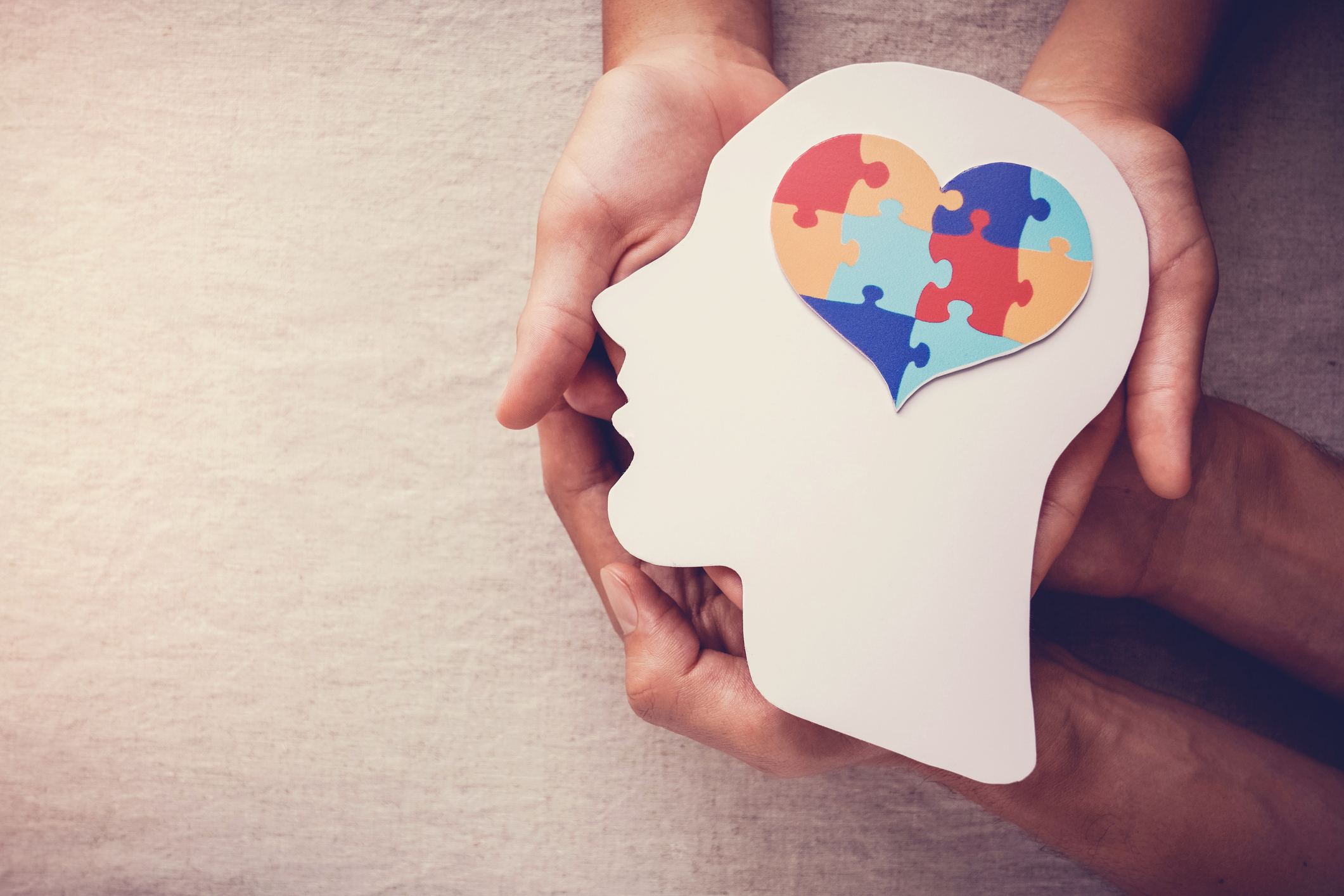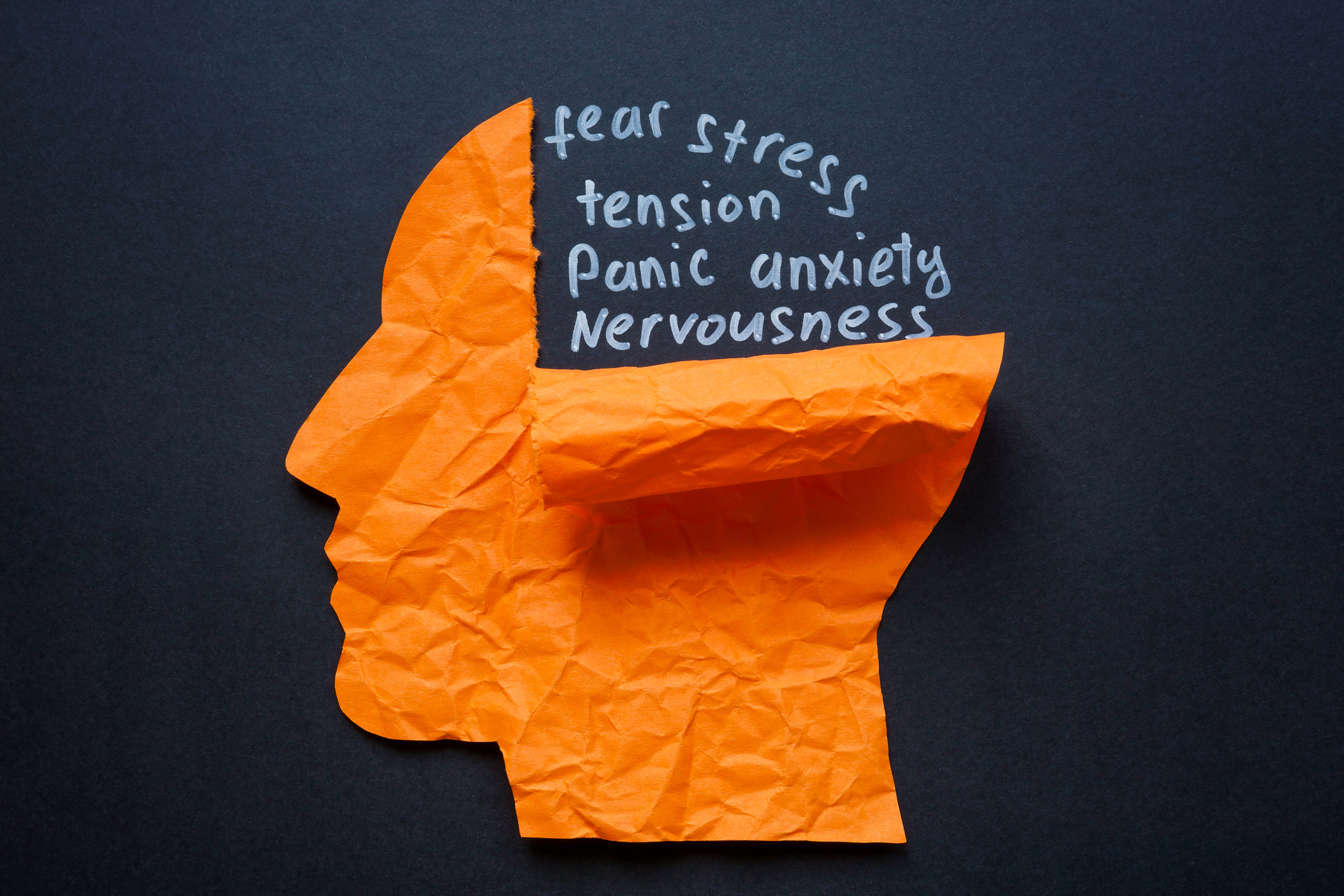For many adults, discovering that they may be on the autism spectrum can bring a mix of relief and uncertainty. Some people have spent years feeling different without knowing why. Others may have developed coping strategies that worked for a time but now face new challenges at work, in relationships, or in everyday life. A formal autism spectrum disorder (ASD) diagnosis in adulthood can be an important and empowering step.
Clarity and Self-Understanding
An adult autism diagnosis provides insight into why certain situations feel challenging or why past struggles may have occurred. This clarity helps people better understand how their brain processes information, sensory input, and social interactions. With a clear explanation, many adults experience a sense of relief and self-acceptance, replacing years of confusion or self-blame with understanding.
Access to Appropriate Support
A formal diagnosis can open the door to a wide range of services and accommodations. This might include workplace support such as flexible scheduling, sensory-friendly environments, or communication adjustments. In educational settings, it may mean access to learning support or extended testing time. Even in personal life, knowing the diagnosis helps family and friends provide more appropriate and empathetic support.
Tailored Therapy and Resources
With a confirmed diagnosis, therapists and mental health providers can tailor treatment plans and resources specifically for autism. Therapy might focus on social communication strategies, sensory processing, executive functioning skills, or co-occurring conditions like anxiety or depression. Targeted care can make a significant difference in daily life.
Stronger Relationships and Self-Advocacy
Many adults report improved relationships after a diagnosis. Understanding autism can help explain past misunderstandings and guide conversations with partners, family members, and friends. It also empowers individuals to advocate for their needs in professional, social, and healthcare settings with greater confidence.
Reduced Stress and Anxiety
Living for years without a clear explanation for social or sensory challenges can lead to chronic stress, anxiety, or depression. A diagnosis can help reduce these feelings by providing a framework for self-care and by connecting adults with supportive communities and networks of people who share similar experiences.
Why Some Adults Hesitate
It’s normal to feel hesitant about seeking a diagnosis. Some adults worry about stigma or wonder if it’s too late for the information to help. But understanding your neurodiversity can bring significant benefits at any age, and professional evaluations are designed to be supportive, not judgmental.
How SF Stress & Anxiety Center Can Help
SF Stress & Anxiety Center offers comprehensive evaluations for adults seeking clarity about autism spectrum disorder. Our clinicians provide compassionate, evidence-based assessments to help you understand your strengths, challenges, and next steps. We also offer therapy tailored to individuals with autism, addressing related issues such as anxiety, depression, or relationship challenges. Whether you’re looking for confirmation, guidance, or ongoing support, our team is here to help.
Autism Diagnosis as an Adult FAQs
What are common signs of autism in adults?
Common signs can include difficulty with social interactions, sensory sensitivities, strong interest in specific topics, preference for routines, and challenges with executive functioning such as organization and time management.
Is it worth getting an autism diagnosis as an adult?
Yes. A diagnosis provides clarity, opens access to services, and helps you and your support network better understand your needs. It can improve therapy outcomes and daily well-being.
Will a diagnosis change my daily life?
While your personality and abilities remain the same, a diagnosis can help you access resources, request accommodations, and make informed choices about work, relationships, and healthcare.
How is an adult autism assessment done?
An evaluation typically includes clinical interviews, questionnaires, and sometimes input from family or close contacts. The process is collaborative and focused on understanding your unique experiences.
Does SF Stress & Anxiety Center provide autism evaluations for adults?
Yes. SF Stress & Anxiety Center specializes in adult evaluations for autism and related conditions. Our team offers both assessments and personalized therapy for long-term support.
Moving Forward with Confidence
Getting an autism diagnosis as an adult is not about changing who you are. It’s about gaining clarity, improving quality of life, and building the right support network. If you suspect you may be on the autism spectrum or simply want to better understand your unique strengths and challenges, SF Stress & Anxiety Center is here to help with compassionate evaluations and ongoing care.



